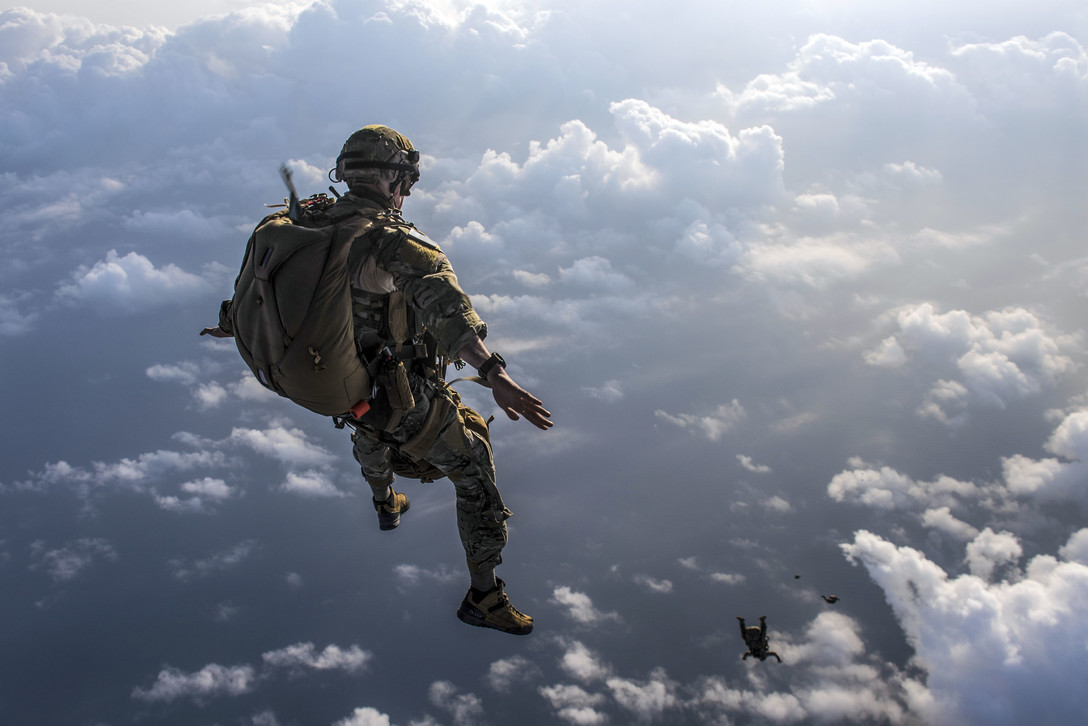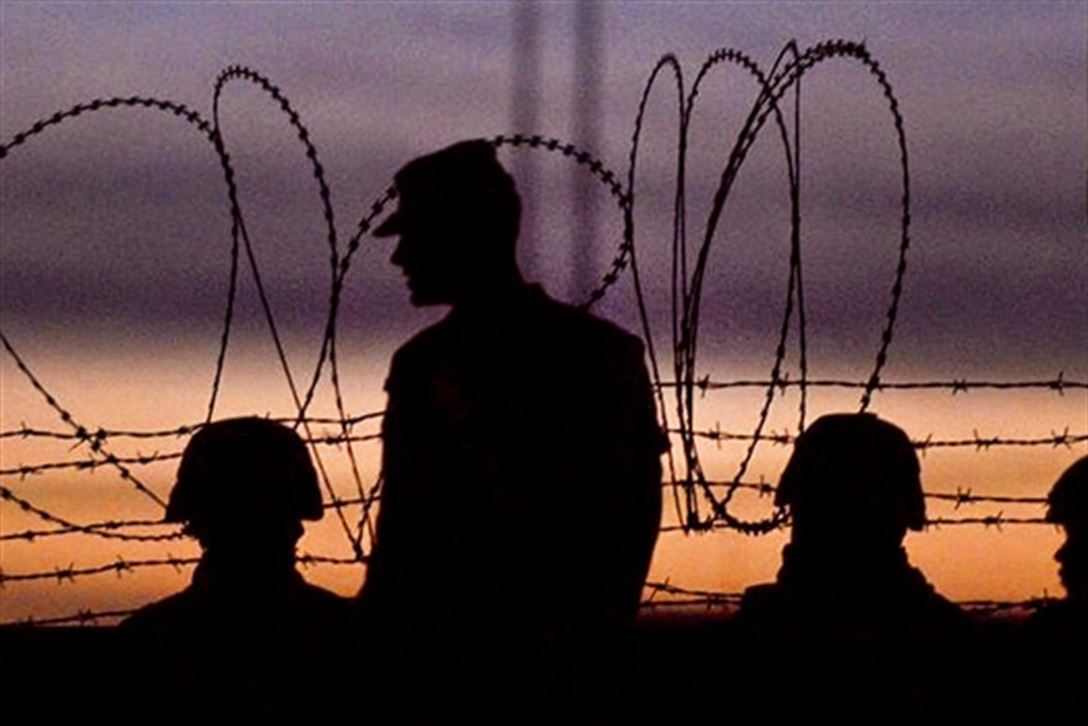
Soldiers wait in line to board an aircraft Nov. 17 at Joint Base Balad, Iraq. (U.S. Air Force photo/Tech. Sgt. Erik Gudmundson)
A recent article on the New York Times web site talks about a senior Army leader, Brigadier General Donald Bolduc, how open and forthcoming he is about his experiences regarding mental health concerns, and the treatment he sought to address these concerns. In a recent social media conversation, I talked about how senior leaders, Like BG Bolduc, speaking out about their experiences regarding veteran mental health, is huge when it comes to reducing the stigma against it. Even more to the point, BG Bolduc is the Special Operations Command Africa commander, having spent his career in the Special Forces community. For the leader of a group of the most resilient modern warriors that our military has to offer to speak out and say, “it’s okay to seek treatment for mental health” and talk about his own struggles, takes courage and conviction.
In my experience, however, it may not be enough. I never served with BG Bolduc, but his rank, his position, and his experience are enough for me to give him immense amounts of respect. Even more respect for his courage to be open and honest about his struggles. I don’t want this in any way to take away from his story or his actions. It’s just that I know veterans, both from when I served with them and how I work with them now.
The words, and actions, of a commander are powerful. They set the tone and the culture for the rest of the unit, whether it’s a platoon or a regional command. The second most powerful influence: your first line leader.
You see, we can combat the stigma against help-seeking at the command level, by implementing programs, by participating in classes. We can put out all of the PSAs and articles we want, but if that word is not echoed all the way down the chain, then the chain is going to be broken.
When veterans returned from deployment, they are given the Postdeployment Health and Readiness Assessment (PDHRA). You answer a series of questions, some of them obvious enough to the attentive service member that if they answer it one way, they’re in for a long day. If they answer it another way, they get out of there quick. They sit in a long line, waiting to see a provider that they may talk to for ten or fifteen minutes, a provider that they’ve never met and have no connection to whatsoever. While they’re waiting for that provider, though…for an hour or more…they’re sitting next to their squad leader. Their buddy. The guy or girl they just deployed with for nine to fifteen months, who knows everything about them. That squad leader was telling them, “better not say nothing” and “see that guy with the purple folder? That means they slipped up and said something they shouldn’t have. They’re going to mental health.” While the Commander is being open and honest, and genuinely encouraging the troops to get the treatment they need, the veteran or service member themselves can think of dozens of reasons why they can’t do the same thing.
“Easy for him to say, he’s a Officer.”
“Bet you he doesn’t have to bring back an appointment slip every time he goes to see someone.”
“Nobody’s going to rag him for being weak, he’s the boss.”
As I’ve mentioned before, there are two types of stigma when it comes to veteran mental health…internal and external. The external stigma, the prevalent view of the majority of the military, seems to be changing. The commanders are talking about it, the senior leaders are admitting that they have drinking problems, marriage problems, stress reaction problems, and that they are seeking help to address it. Service-wide Stand Down days, in which units are not training on their mission but instead learning about mental health and wellness, are happening all over the place. Veterans who have taken their own life are now recognized, generally, as casualties in an entirely different kind of war.
The challenge now is with the internal stigma. With the individual veteran, the individual service member who is listening to their buddy say, “there’s nothing wrong with you.” Or listening to themselves say the same thing. I still hear it: “if I seek mental health treatment, it will hurt my chances at promotion” or “I’ll lose my security clearance.” If you’re a veteran, “If I seek mental health treatment, they’ll tell me I can’t own guns anymore.” Even if that’s not the truth, that’s what they believe is the truth.
At the end of the article, BG Bolduc relates a story in which he asks a group of Special Forces Operators had been close to explosions while they deployed. All of them raised their hand. He then asked how many of them sought out treatment. None of them raised their hand.
I’ve had a similar experience. In a meeting with a group of veterans and caregivers, I said, “raise your hand if you know a veteran who has taken their own life.” Nearly every single hand in the room went up. As it was a public event, I didn’t ask who reached out for help…but I can almost guarantee that it wouldn’t be the same amount of hands. There’s something fundamentally wrong with that, and there are hundreds of different reasons. It’s the current reality of our society, that we are not going to talk about the things we most need to talk about…and not talking about it doesn’t mean we stop thinking about it. It often means we think about it more.
I applaud BG Bolduc for his candidness, and appreciate it for what it is. Even he mentions that “there are still the nonbelievers.” He knows, because he’s been there, when the doors to the team room or the day room or the squad bay shut, the old man is gone, and the Sergeant tells them what’s really going on.
When more team leaders, squad leaders and section sergeants say, “it’s okay to seek treatment,” then we’ll really be getting somewhere.




2 Comments
Judith Mathewson · October 13, 2016 at 3:56 am
Great perspective! I agree that the removal of stigma about help-seeking behaviors is an attitude and action that needs to be infused throughout the chain of command.
Duane France · October 13, 2016 at 4:19 am
Judy, thanks for the comment! Agree 100%. When the message presented by the leaders in front of the formation is echoed and supported by the leaders within the formation, then real change is going to happen.
Comments are closed.